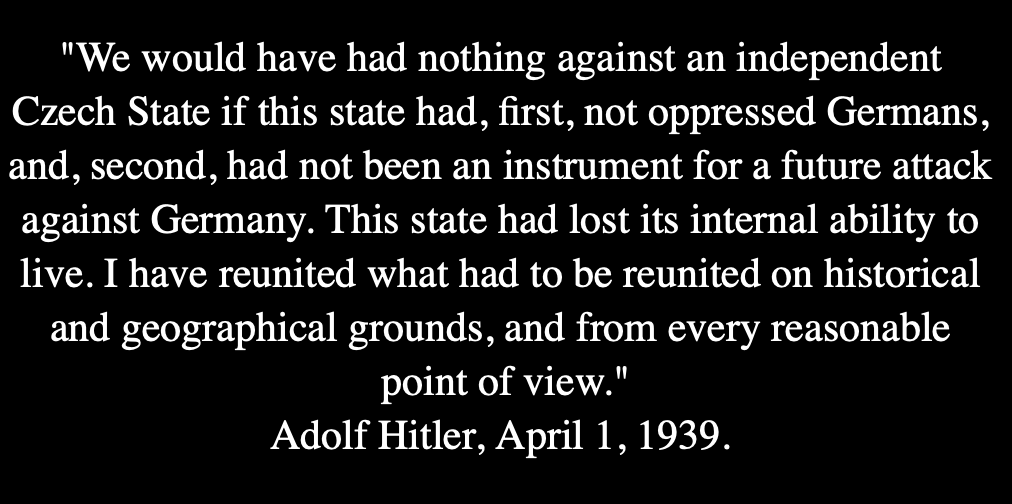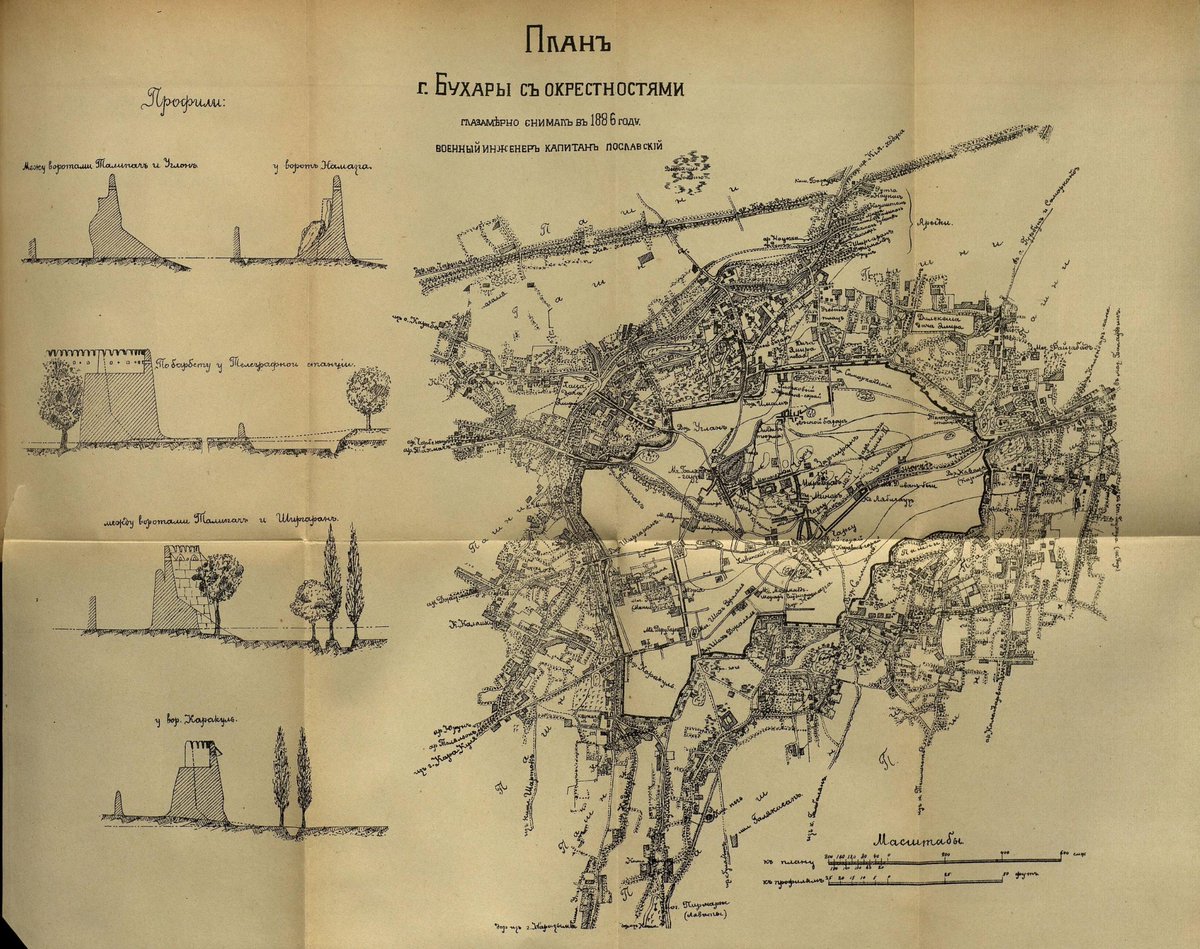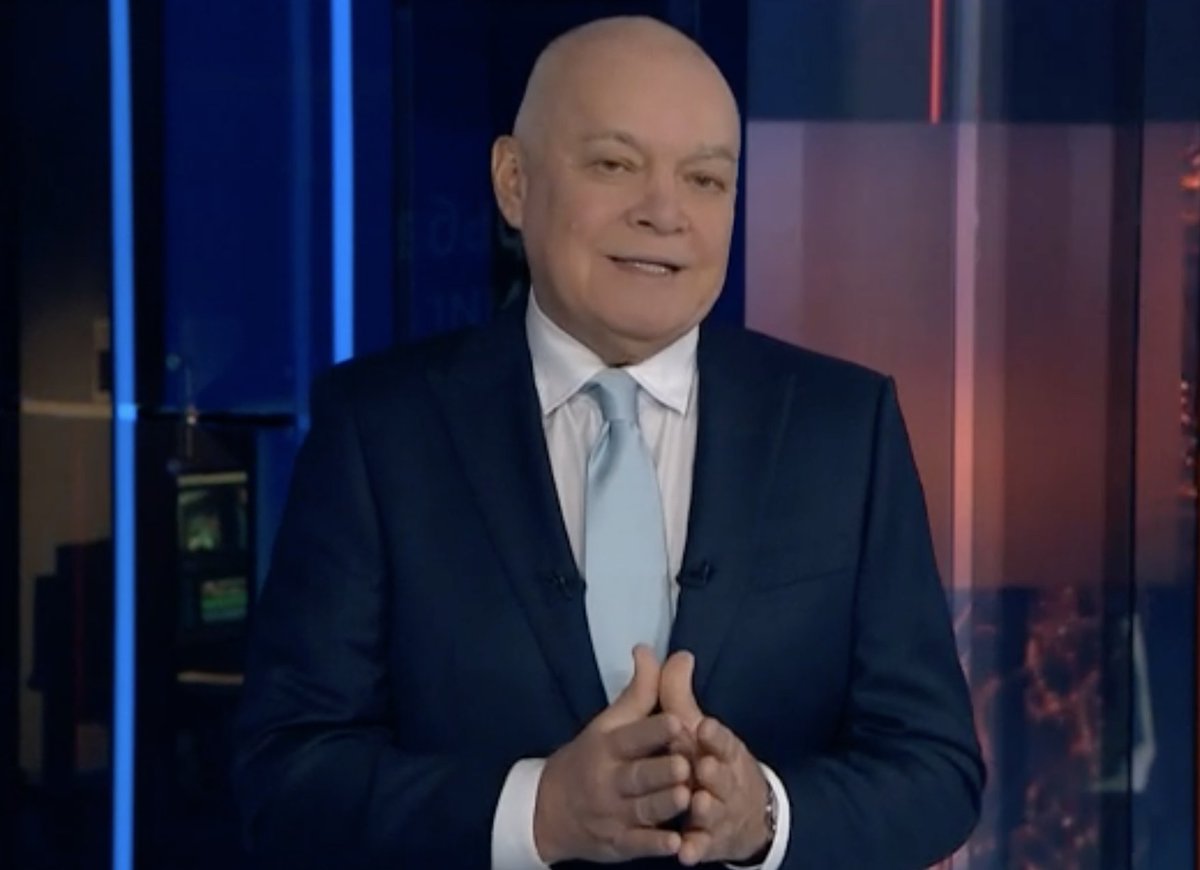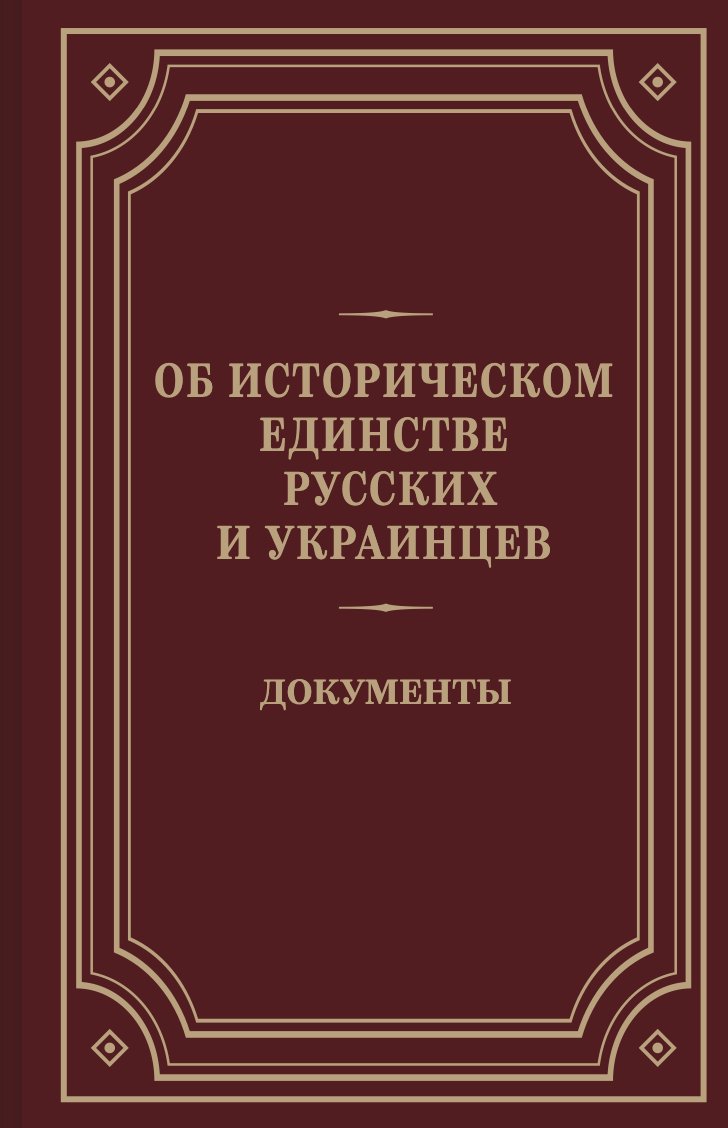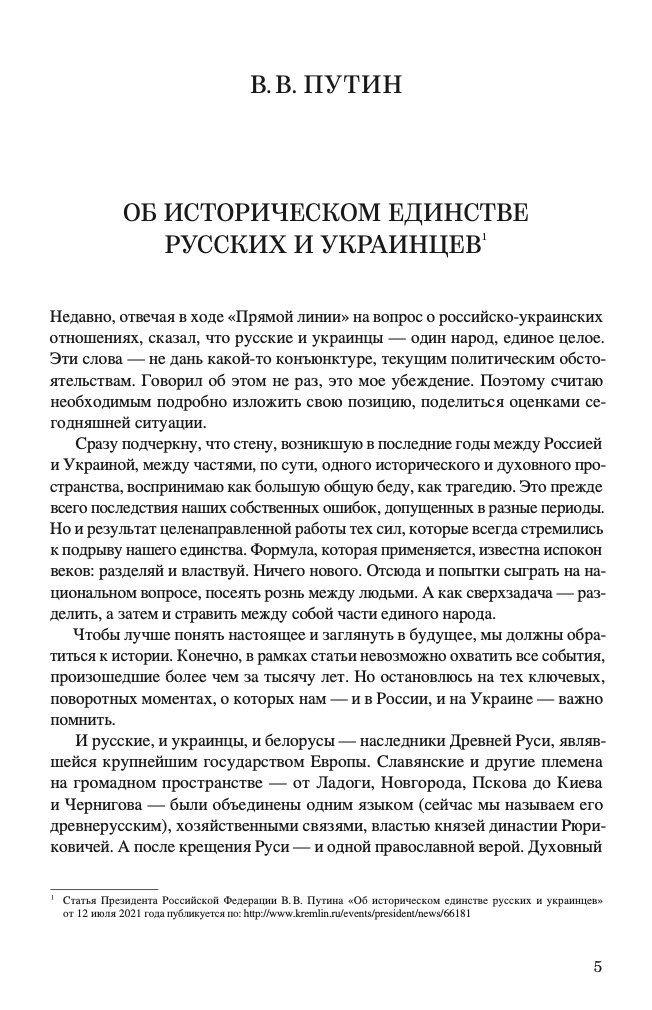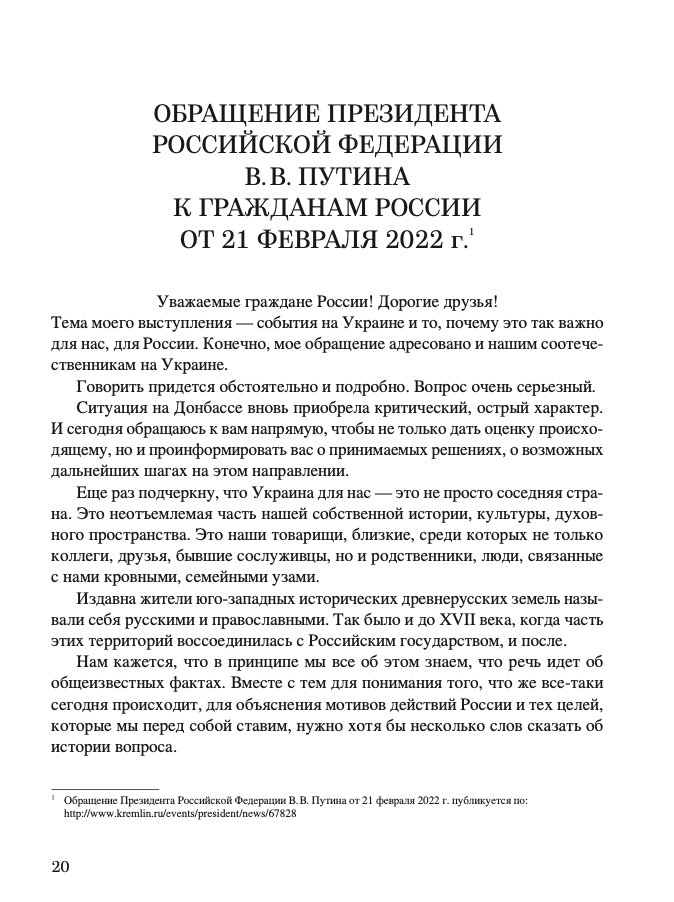Several Africans were injured in a Ukrainian drone attack on Tatarstan. Russia is now exploiting the attack to spark anti-Ukrainian feelings. If anything, however, this incident can elucidate a gendered and racialized reality behind Russia's charm offensive in Africa. 🧵 

"I'm from Kenya. I'm a person of color (...) Those who attacked our hostel today are real barbarians," the person on the video says. They are one of the participants of the "Alabuga Start" program, launched in Russia after the invasion of Ukraine. 2/
https://x.com/sezalabuga/status/1775457640060973300?s=20
The program targets young people from countries that Russia officially recognizes "friendly," mostly from Africa. Through ads in Russian international media and on the program's social media accounts, they are recruited to move to Russia. 3/ 

Specifically, they are invited to join the Alabuga Polytech college in the Tatarstan town of Elabuga. 4/ 

"Alabuga Start" participants are required to work more than study. In a nearby facility, students are involved in the mass production of what the college calls "boats." 6/ 

The "boats" is just an euphemism for Shakhed drones, which Russia previously used to buy from Iran, but which it now produces itself in large numbers. Dozens of them are sent to Ukraine nearly every day, murdering people all across the country: 7/ 

The "Alabuga Start" Facebook account has many photos of the newly arrived students. The college takes pictures of them just in the airport: 8/






The main question – and someone has already asked it in the comments on Alabuga's FB page – is this: 9/ 

Indeed, only female students younger than 22 can come to Alabuga. As the Russian investigative project "Protokol" found out, Alabuga's director Timur Shagivaleev argued that male students from Africa "can be too aggressive and dangerous." 10/
protokol.band/2023/07/24/ala…
protokol.band/2023/07/24/ala…
In one of his interviews, Shagivaleev said that the female-only admission policy is meant to prevent the emergence of "ethnic diasporas" and foster their "integration into society." At Alabuga, there's no room for men of color. 11/
rt.rbc.ru/tatarstan/13/0…

rt.rbc.ru/tatarstan/13/0…

According to "Protokol," women of color at Alabuga are officially designated as "mulatto." This is one of the three racialized categories. The rest are either "Tajiks" (a term that is often used for people from Central Asia in general) or "specialists" (apparently, Russians). 12/ 

"Protokol" says that students spend 12 hours a day producing the deadly drones. African women live in isolation from other students. It is not clear whether they actually assemble the drones or, as "Protokol" suggests, are used as low-skilled labor. 13/
To read more about how "race" informs Russian "African" initiatives, here's my earlier piece on the widely-hyped "Afrovillages." end/
themoscowtimes.com/2023/09/27/rus…
themoscowtimes.com/2023/09/27/rus…
As I was writing this thread, Alabuga drones attacked Kharkiv, hitting several apartment complexes and killing at least four.
https://twitter.com/olliecarroll/status/1775762666448990434
• • •
Missing some Tweet in this thread? You can try to
force a refresh



